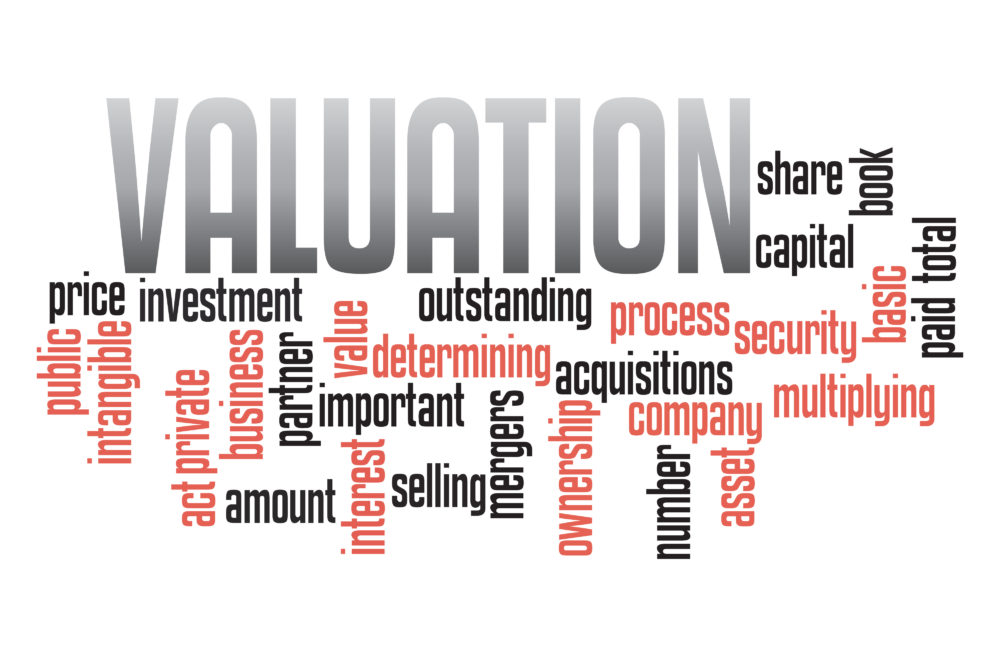The decision to sell your venture can be an extremely difficult one – most business owners have put a significant amount of time, resource and energy into their venture.
Selling can be a lengthy process – and making this decision is long before you’ve found someone interested in buying.
How do I start?
Determining a realistic price should be your first step. Buyers are rarely sentimental, so it’s important to be pragmatic. Don’t start out expecting your business to sell for more, but never let your business go for less than it’s worth.
There are a number of ways experts can approach the provision of a business valuation, typically sizing up the two sides of:
a) Tangible assets
b) Intangible elements (or perceived value)
However, a common approach used in most industry sectors is called Earnings Multiples – a formula for how to value a business based on a multiple of net profits (the Price/Earnings (P/E) ratio representing the value of the business divided by its post tax profits).
Accountants can usually provide the multiple for your sector. If the multiple is, for example, five times net profit, then the business value calculation is simple.
Right, that’s all the conventional wisdom.
What really gets interesting is when you put in an equity building strategy that will increase the multiplier.
This happens when you embark on a plan to build the business assets.
However. while multiples of earnings can be used as a business valuation method, there is no standard P/E ratio figure that can be used to value every business.
Certain industries, such as IT and technology will usually command a higher ratio than bricks and mortar businesses like cafés or retail shops. If the business is very reliant on one main product or has a small number of key executives for example, the higher the risk of buying the business which will also mean a lower P/E ratio.
Watch the below video on how to value your business
Getting a higher multiplier
An owner-run business can ask for a higher multiple when there are staff who are able to run the business when the owner is not there.
When the business is not dependent on the owner, it is more valuable.
If the business has a unique system that sets it apart from the competition, that increases the multiplier further.
The next level of increase comes by having the business be capable of bringing substantial new product ranges to market.
After that comes the ability to create new distribution channels that bring new clients to the business.
Then, if the business creates a strong brand that affects everything about the business, the multiplier increases still further.
The multiplier peaks when the business proves that it is scalable and could be rolled out nationally, for example.

Asset valuation
If your business has a lot of tangible assets such as a property company, an asset valuation will give you the net realisable value of all assets minus the total value of liabilities.
But if you’re still not sure how much to sell your business for, consider getting advice from an accountant or broker.
Get your affairs in order
Before you start looking for suitors, ensure you get your affairs so that your cash flow does not put off potential buyers.
Make sure you also iron out any financial irregularities and to make your company look like an opportunity, not a risk. Whether you’re lacking detailed records, don’t know how much money you’re making, or can’t easily access the right report, you’ll put a buyer off even if there is no problem.
The same goes for calculating the value of a company if you’re looking to buy – if the company doesn’t have a good set of books, think carefully about buying it. If you’re selling, seek guidance from an accountant who can help prepare all the reports you’ll require.
“Before you start looking for suitors, ensure you get your affairs so that your cash flow does not put off potential buyers”
Reality check
Bear in mind though that ultimately the selling price is what someone is willing to pay. The Multiple Earnings method of how to value a business will typically provide a valuation of between five to eight times its annual post-tax profit, but there are many cases where external factors (e.g. the current economic climate, you company’s reputation, the reason for the sale, and so on) can override the calculation.
So if you are considering selling your business, it is sensible to include or estimate the effect of such external factors when coming to a final valuation.
Related Guides
- Valuing your business for sale – Rupert Cattell, managing director of business broker Turner Butler, guides you through a typical valuation process.
- How to sell your small business without a broker – Not every business needs to be sold through a broker. Many microbusinesses could be sold direct, saving you, the owner, thousands in fees.
- Why your business may be worth a lot more than you think – Clinton Lee discusses business valuation and why a small businesses can command a market price far in excess of the owners’ expectations.
- How to sell your business: Planning the exit strategy – The earlier you think about exit strategy, the better, says Simon Rigby, principal of SME Assistance.
This article was updated by Gary Turner, investor and board member of Xero.




